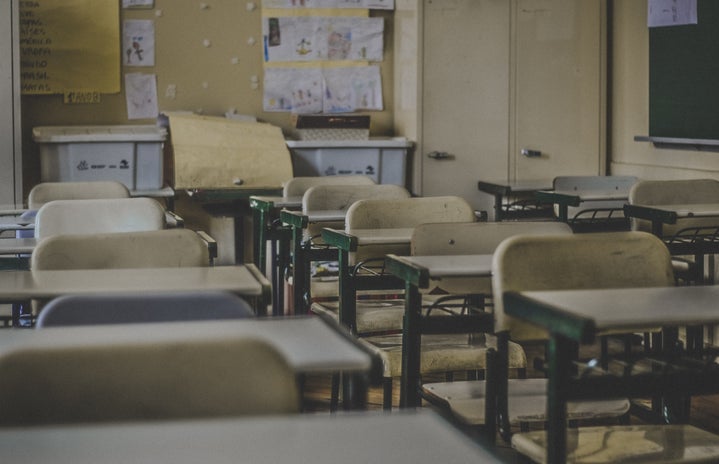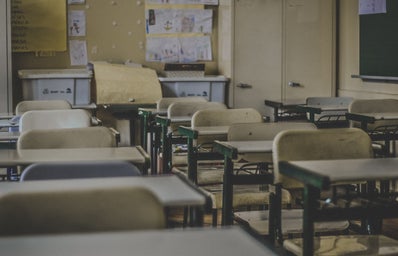Five students of South Florida high schools have committed suicide in the last six months. Two of which were students of Marjory Stoneman Douglas high school in Parkland, Florida. These suicides come near the year anniversary of the mass shooting that occurred on February 14th, 2018, killing 17 students and teachers.
While most pin this influx on survivors guilt, it still says something about the effect that gun violence is having on our youth. These children developed serious PTSD at ages 14-17 and took their lives because of the trauma.
The two victims have been named. Sydney Aiello, who was a senior during the massacre and Calvin Desir who was a sophomore. These suicides happened only one day apart in March of this year.
Desir’s family in their grief made a GoFundMe to support his funeral costs. In the GoFundMe, Desir’s sister, Brittany Wright spoke on the injustice of his death.
“I can tell you firsthand that he was one of a kind, very soft-spoken and never once hurt a fly.” Wright said, “If you ever asked him to do the simplest task, he was right on it. His selflessness and quick action to help others is something that we all deeply admired.”
Although the other student victims of the Florida high schools have no been named for privacy’s sake, one thing is for certain – their families are just as devastated. Guns do not have to directly fire at someone to kill them, sometimes it is just being too close to dying by one that can overwhelm and potentially kill the victim.
New legislation including 67 new gun laws were approved in over 26 states. These were approved by both Republican and Democratic legislators according to a year-end report by the Giffords Law Center to Prevent Gun Violence.
The effects gun violence has on humans has been documented for decades in the United States Armed Forces and The United States Department of Veterans Affairs. Our children, the next generation, should not have the same traumas as a war veteran.
A more in-depth analysis of the gun violence epidemic America is facing is available on HerCampus.com
Call the National Suicide Prevention Lifeline at 1-800-273-8255 if you or somebody you know may be at risk of suicide. The International Association for Suicide Prevention has information for crisis centers around the world and outside of the United States.



